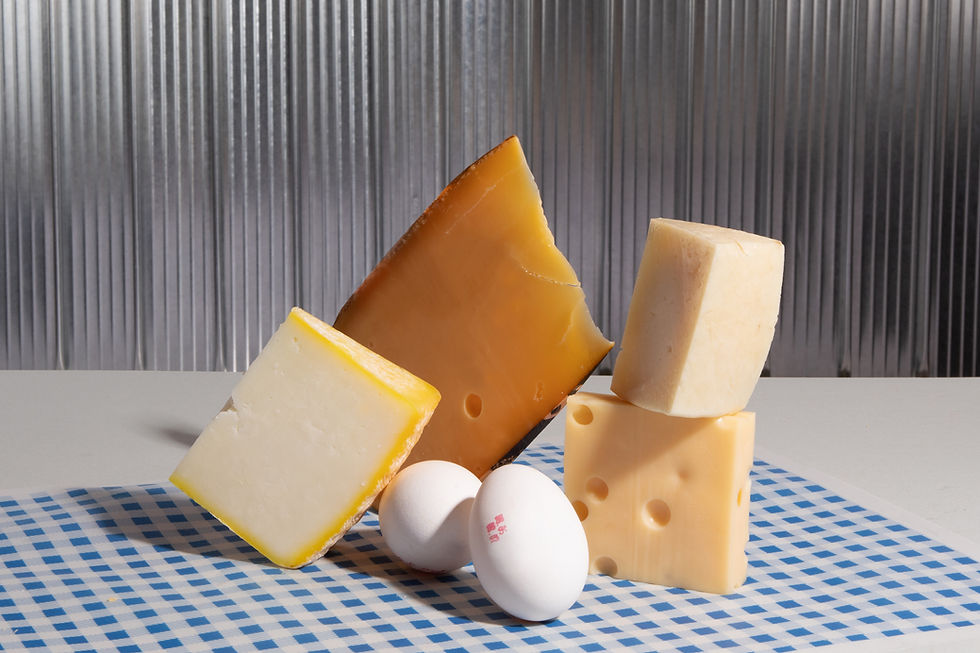Going Beyond Probiotics to Heal Your Gut.
- Jun 15, 2017
- 2 min read

Probiotics are now ubiquitous in health care. Once considered an alternative treatment, it is now widely accepted even by the most traditional of healthcare providers. Many people take them for common conditions such as constipation and diarrhea, gas and bloating, heartburn and digestion, and even for prevention of infections and general immunity, such as for colds and flus. And there is evidence to support many of these indications.
However, we don’t want to forget about the food. In my opinion, to have a healthy gut, the best way is through food. Fermented foods are a no brainer. Various strains of probiotics already exist on the food which when ingested support digestion and overall gut health.
However, all foods we eat interact with our gut bacteria. Foods such as veggies, grains, fruits, nuts and seeds will all promote the growth of “good” bacteria in our guts by acting as “fuel” for them. A key is diversity. Different foods promote different bacterial growth. And those people that are the healthiest tend to have the most diverse “microbiota” - i.e. gut bacteria.
Processed and packaged foods don’t promote good bacterial growth in our guts the same way whole foods promote good bacterial growth. Think about it: with all the preservatives in the food, would a “good” bacteria want to grow from that? What’s worse, processed food and especially excessive sugar can promote the growth of “bad” bacteria. This can set the stage for gas and bloating, constipation, and even worse health issues such as poor immunity and immune imbalances resulting in inflammation.
What about wheat and gluten? I used to feel wheat was not so healthy and that it should be minimized in the diet or avoided. While this may be true for some people, for the majority out there, wheat is not that bad - when eaten in a whole foods / unprocessed form, and in moderation.
When one’s digestive system is working and in good shape, their gut lining is intact (i.e. no leaky gut), and consequently their immune system is in balance. Under these conditions, I feel that difficult to digest proteins such as wheat gluten and even some unprocessed diary can help to maintain and even improve our health and the health of our intestine.
For example, did you know that gluten from wheat “feeds” some of the good bacteria in our large intestine, allowing them to produce compounds such as butyric acid, a short chain fatty acid (SCFA) that is vital for a healthy gut? Butyric acid has been shown to regulate bowel function, block bad gut bacteria, reduce inflammation, and maintain the gut lining, just to name a few.
So the next time you take a bite of food, remember you are not just feeding yourself, but trillions of other organisms - the bacteria - that reside in your digestive tract. So make sure that next bite is a healthy one!































Comments